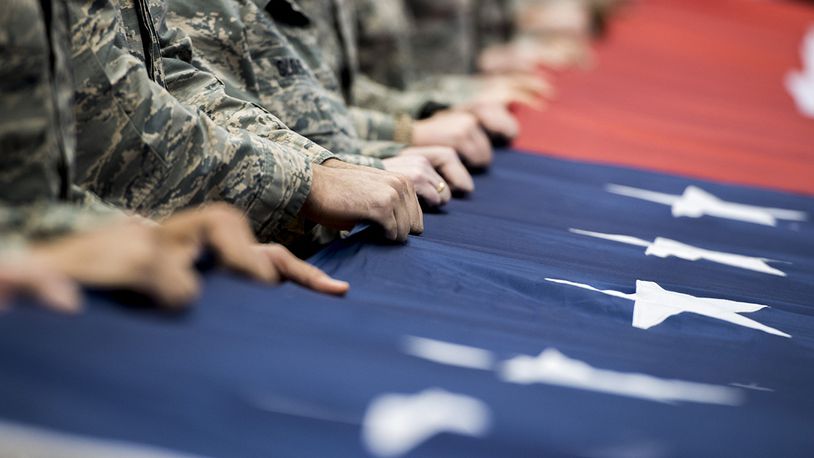» UNMATCHED COVERAGE: For Dayton-area veterans, food insecurity still poses issue
“The Military Justice Act represents the most significant change to the military justice system since the Military Justice Act of 1983. Over the past year, the Air Force JAG Corps has engaged in a robust training effort to educate every total force judge advocate and paralegal on the changes contained in the Act,” said Lt. Gen. Jeff Rockwell, Air Force Judge Advocate General, in a statement.
Reforms will establish fixed numbers of members for courts-martial, expand judge-alone sentencing, expand the opportunity for convicted service members to appeal their convictions and require most court-martial documents be made publicly accessible under a system similar to those used in civilian criminal justice systems, a news release from the Air Force stated.
While some offenses were prohibited in the past, they are now specifically enumerated crimes under the UCMJ. The new offenses include:
• retaliation against a person for reporting or planning to report a crime
• fraudulent use of credit cards and debit cards
• sexual activity between military members in a position of trust and specially protected junior members
5 MILITARY STORIES TO READ
• Why an incoming stealth fighter program could be a 'franchise that goes on forever' for Wright-Patt
• Vets twice as likely to fatally OD – what the Dayton VA is doing about it
• Ohio celebrates Wright Brothers: 'Thanks for the wind, North Carolina'
• 7 things to remember about Wright-Patt false active shooter scenario
About the Author
